As you probably know, the Dalai Lama is not only the religious leader of the Tibetan people in exile. He is also the political leader. What would happen if the Dalai Lama were president of the United States?
His belief in democracy and human rights is so strong that should Tibet become free of Chinese rule, he would opt for elections to determine the political leader of the liberated Tibet. He would abdicate his role as political leader.
In our country, things are a little different. We have some major problems in our political system.
Our political leaders have no concept of interbeing, or the interconnectedness of all things. They regard themselves, their party, and their political platform as having an independent existence.
They only care about staying in office and serving the people and the financial interests that got them there.
They have no idea that they live in the same city, the same state, the same country, and on the same planet as their political rival. They only think about how bad the other guy is.
Now this may not be true for all politicians and the ones for whom this is true are tuned to only one station: WIFM.
I, personally, have not been too interested in politics for many years.
Seeing what a disaster the war in Vietnam and the wars in Iraq have been, I just don’t trust politicians and the military.
All the money that was spent on these abominable wars could have been put to good use to provide food, shelter, and education for millions if not billions of people. Some of it could be spent on the environment to reduce global warming and promote a resource-based economy.
But all this is for the young people of today to change.
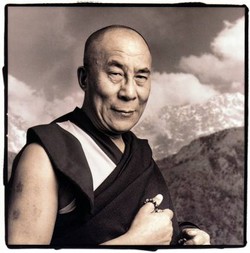
If The Dalai Lama Were President…
I think he would set up a meeting with President Barack Obama and challenger Mitt Romney.
He would ask them to go back to each of their political parties and set up a conclave of senators and members of congress in which they would come up with the 25 most important issues facing the country and the world.
The issues must be determined not by the self-interest of the representatives, nor by the influence of lobbyists, nor by the interests of their particular state, nor by influence from the Federal Reserve Bank and The World Bank. The issues must be chosen from the point of view of interconnectedness, the well-being of people all over the world, and reflect what the Dalai Lama calls “universal responsibility:”
We are also being drawn together by the grave problems we face: overpopulation, dwindling natural resources, and an environmental crisis that threaten the very foundation of existence on this small planet we share. I believe that to meet the challenge of our times, human beings will have to develop a greater sense of universal responsibility. Each of us must learn to work not just for his or her own self, family or nation, but for the benefit of all humankind. Universal responsibility is the real key to human survival. It is the best foundation for world peace, the equitable use of natural resources, and the proper care of the environment.
The issues that each party comes up with must also be decided upon by consensus and presented to the Dalai Lama with a title and a maximum of 150-200 word description. It would be best if the conclaves were not open to the public and they should last until consensus is reached.
There should be no politics involved in selecting the issues and no person should be allowed to speak for more than 5-10 minutes at a time. No person should get a second chance to speak until everyone has been heard from at least once if they choose to speak at all.
Once the lists have been submitted, the Dalai Lama would meet with President Obama, Mitt Romney, and 10 additional representatives chosen at random from each conclave.
I would guess that each party would come up with a list of similar, if not identical issues. The Dalai Lama would focus on bringing about reconciliation on the issues that they have in common through the process of deep listening and loving speech and applying the principles of a resource-based economy and mindful consumption.
The Dalai Lama has expressed his views on democracy and human rights on many occasions.
He is in favor of liberty and equal rights for all people.
He tells about how the Buddha set up a sangha – a community of monks and nuns that was totally inclusive of all casts. There was seniority based on the length of time a person had been ordained, but decisions were made by the community. This is close to the ideal model of a democratic society.
What Do You Think?
I have expressed some interesting ideas in the blog post. I am wondering what you think.
Would you mind sharing your thoughts, feelings, and questions below?




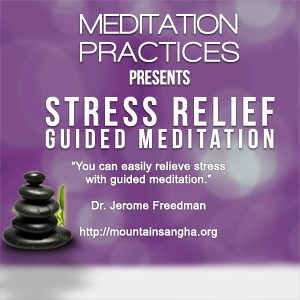
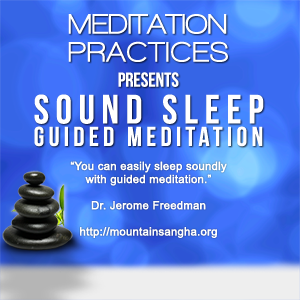


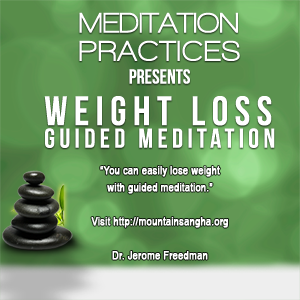

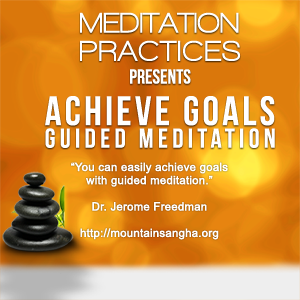
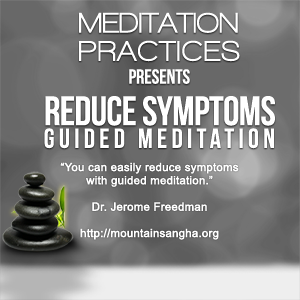

Thanks for wonderful, loving blog. But: with or without The Lama, you are asking for a political solution to technical problems. I think that is the big error of our times. We have all become indoctrinated, via school books and TV, that the quality of our lives is dependent on political leaders.
We engineers want very much to redirect people away from this imported, eastern fallacy of the benevolent government. The world’s problems, all related to over population, could only be solved with technology. Today, if an engineer were assigned an infinite amount of money to bring sanitation to all of Africa, he would not be able to do it: there is not enuf resources to make all the sanitation piping that would be required. He would need a more elegant technical solution than the old way of laying thousands of miles of pipe. And so on, with water and food and power. Stated another way, engineering has fallen behind population. And we engineers feel gagged in getting that message out. Until this is understood, we can only expect more and larger street protests by the needy but unneeded youngsters. It is going to be nasty. Perhaps a reversal of evolution!
Thoughtful people like you can prevent that future.
There is a lot of things here to consider. The first thing that came to mind for me is that we need to remind ourselves that there are many very dedicated, sincere, and caring people who work in our government institutions who are devoted to public service and improving the general welfare. Our government and the American experiment sprang forth from the ideas expressed in the Reformation and Enlightenment. Our Constitution, Declaration of Independence, and other founding documents are unique in their enlightened approach to governance and the recognition of the inherent and inalienable rights due each human being. Rights that belong to everyone everywhere equally by virtue of being human. Liberty that can not be given nor taken away by other men. Personal liberty and freedom are the goals of truth seeking souls everywhere and being found only from within, is the whole point of devotional meditation practice. Never in human history has a country and its society acknowledged and embedded the personal pursuit of these rights in law. It is unique. One could make a very strong case that these inspired contracts and the ideas they express embody the soul of Buddha. After all, Buddha sought the truth behind our existence. He fought very hard and long in his search to attain it and then continued on a vigilant path to maintain his enlightenment and share his knowledge for the benefit of all society. Like any successful endeavor whether it be the evolution of a country, going to the moon, or seeking spiritual enlightenment and discovering the Kutastha Chaiyana -God within you, it takes long, hard arduous work and then continues to require hard, long, arduous work. It is important to be mindful that if the great masters worked so hard and long to set an example and reveal wisdom for the welfare of everyone’s soul, then how much less are we required to work to improve our society and evolve our collected consciousness to achieve the same end? Therefore, it is important to be politically engaged and promote the process. To step away and bemoan the problems is to be the problem. I see our institutions as stepping stones on the path of the great becoming all souls yearn. So it is important for right thinking folks to guide and nurture them in the right direction. To be engaged. Your vote truly counts! Just ask Al Gore. Yes, there is corruption, doubts, back-sliding and nagging problems, but in the great scheme of God, these are in the end small considerations. The content is inconsequential. The context is the key. In the Bhagavad Gita, Krishna (God) talks to his supreme devotee (Arjuna) of the great battle required for enlightenment (context) through renunciation of ingrained ignorance brought about by ego identity (content). If the Dali Lama became President of the United States, I am certain that the conversation would absolutely shift from content to context. In that regard, much would change for the good, and much would remain in the same process.
Tony:
Thank you for this careful analysis.
I do recognize that there are hard working people in the government who really contribute to our well-being.
Jerome
If the Dali Lama were president he would leave all the people alone to live out their destiny as they see fit, rather than try to divide them and ram regulations, beliefs, values and ideas down our throats.
I think the important thing for our political leaders to know is that truely ( or unselfishly) caring other countries welfare is not only benefit to those countries, but also to our own interest. That may be the fundamental thought for taking “universal responsibility”.